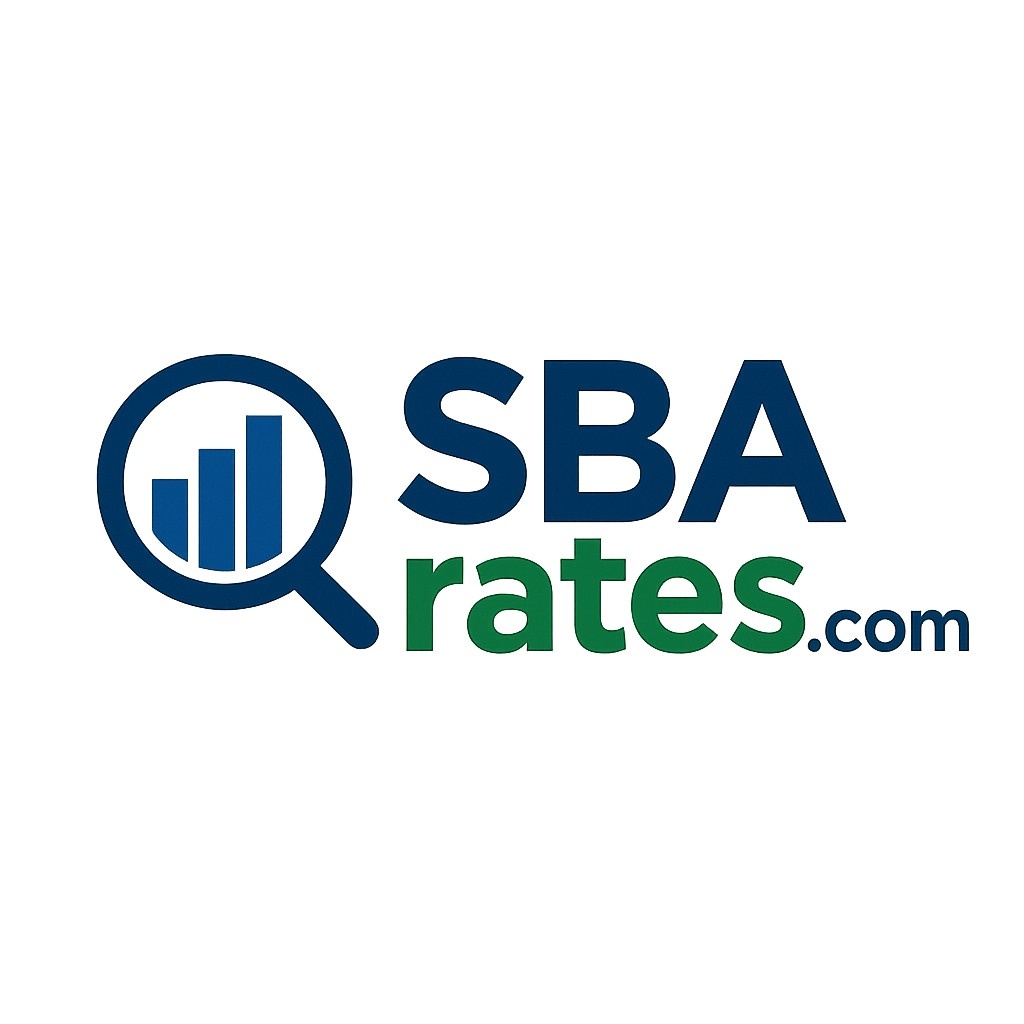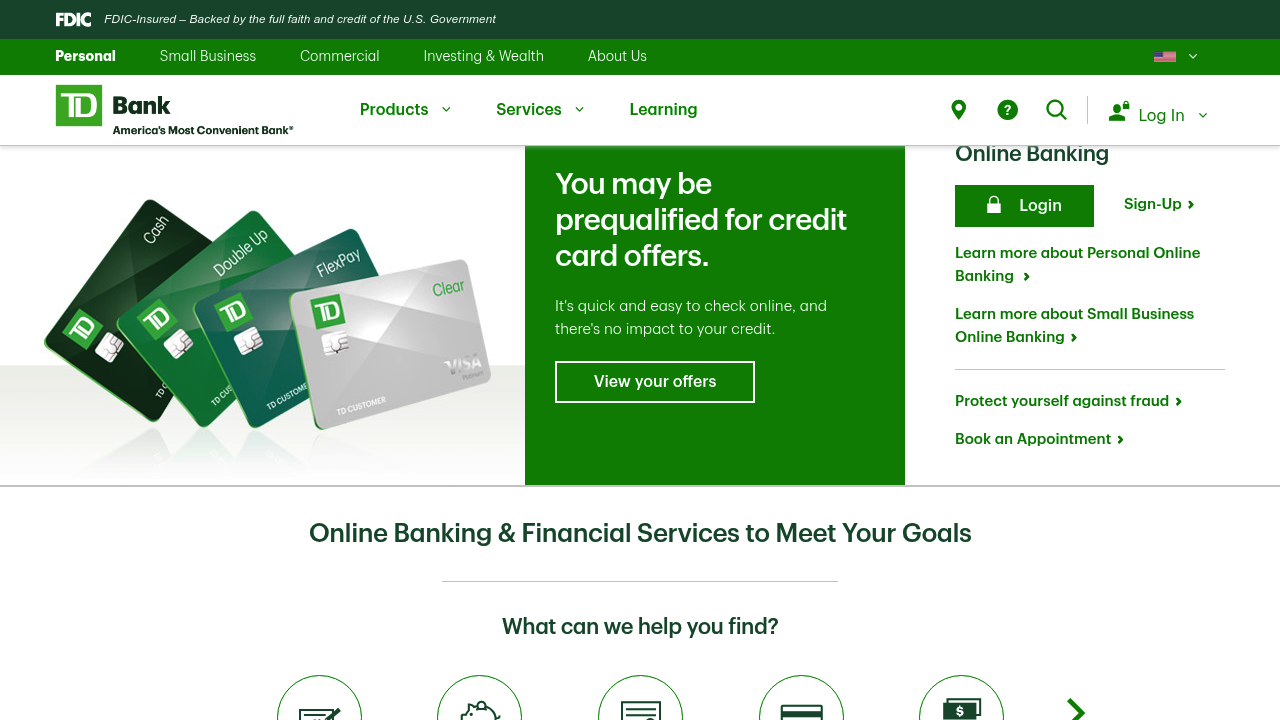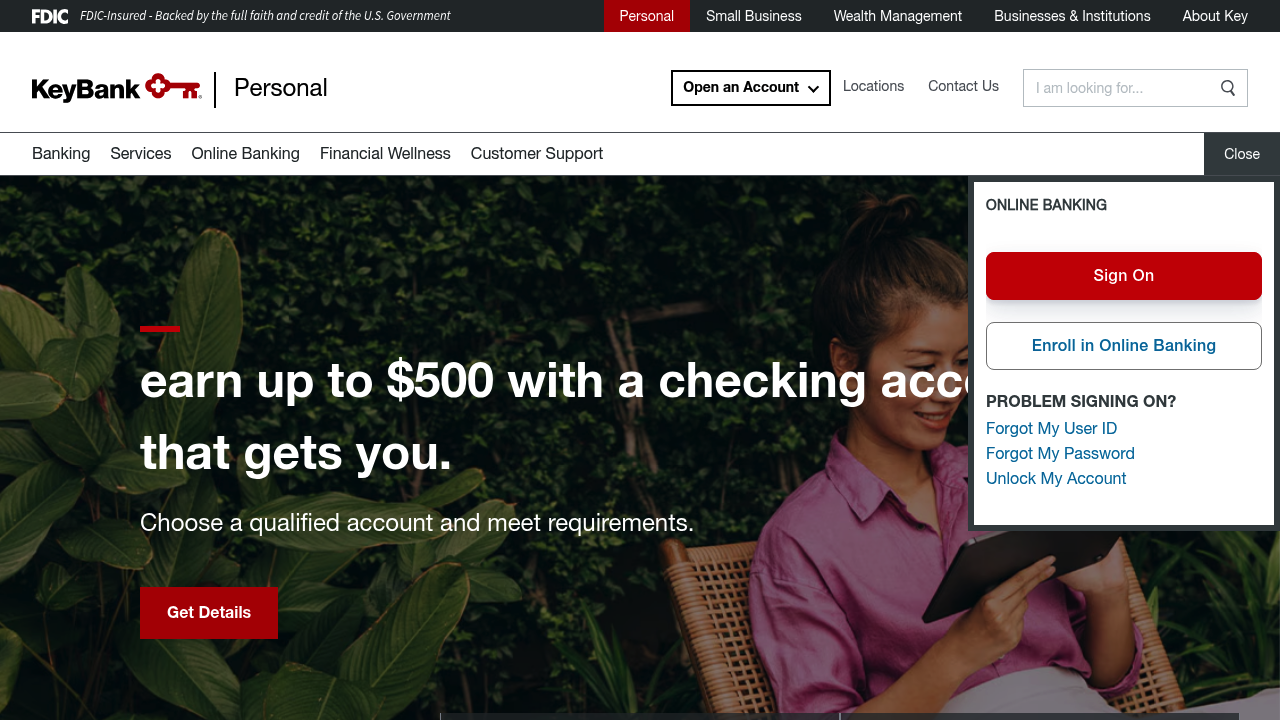School and Employee Bus Transportation
485410
SBA Loans for School and Employee Bus Transportation: Financing Growth in Passenger Transport Services
Introduction
School and Employee Bus Transportation (NAICS 485410) provides safe, reliable transportation for students and workers across the United States. These companies play an essential role in education systems and workforce logistics, operating bus fleets that keep schools and businesses running smoothly. However, managing a transportation company is capital-intensive—requiring significant investment in vehicles, safety compliance, fuel, and labor.
Traditional lenders often view transportation businesses as high-risk due to fluctuating fuel costs, labor shortages, and heavy regulatory requirements. That’s where SBA Loans for School and Employee Bus Transportation step in. Backed by the U.S. Small Business Administration, SBA loans provide affordable financing with longer repayment terms, lower down payments, and flexible usage—helping small operators stabilize and expand their services.
Industry Overview: NAICS 485410
School and Employee Bus Transportation businesses operate bus fleets to transport students to and from schools, and employees between workplaces and job sites. These companies may contract directly with school districts, corporations, or government agencies. They must comply with strict safety standards, vehicle maintenance requirements, and scheduling logistics.
The industry is vital but highly competitive, often impacted by fuel price volatility, labor challenges, and shifting contracts. To stay profitable, operators need reliable access to capital for vehicle acquisition, fleet maintenance, and compliance upgrades.
Common Pain Points in Transportation Financing
Based on transportation forums, small business communities, and Q&A boards, here are some of the most common financing challenges in this sector:
- Fleet Acquisition Costs – Purchasing or leasing buses requires large upfront investments.
- Maintenance & Safety Compliance – Regular inspections, repairs, and compliance upgrades are expensive.
- Fuel Price Volatility – Rising or unpredictable fuel costs cut into margins.
- Payroll Challenges – Recruiting and retaining qualified drivers adds to labor expenses.
- Bank Rejections – Many lenders avoid transportation businesses due to perceived instability and regulatory burdens.
How SBA Loans Help Bus Transportation Companies
SBA loans provide affordable and flexible funding for transportation businesses that may struggle with traditional bank loans. Here’s how SBA programs apply:
SBA 7(a) Loan
- Best for: Working capital, refinancing, or vehicle purchases.
- Loan size: Up to $5 million.
- Why it helps: Covers payroll, insurance premiums, or purchasing additional buses to meet demand.
SBA 504 Loan
- Best for: Real estate and large capital investments.
- Loan size: Up to $5.5 million.
- Why it helps: Ideal for building or upgrading bus depots, maintenance facilities, or purchasing large fleets.
SBA Microloans
- Best for: Small operators or startup contracts.
- Loan size: Up to $50,000.
- Why it helps: Useful for purchasing a single bus, paying for licensing, or funding marketing to win contracts.
SBA Disaster Loans
- Best for: Recovery from natural disasters or emergencies.
- Loan size: Up to $2 million.
- Why it helps: Provides funds to repair or replace vehicles, restore operations, or cover revenue losses after disruptions.
Step-by-Step Guide to Getting an SBA Loan
- Check Eligibility – Business must be U.S.-based, for-profit, with good credit (typically 650+) and repayment ability.
- Prepare Documentation – Include tax returns, fleet records, maintenance logs, safety compliance reports, and financial statements.
- Find an SBA-Approved Lender – Look for lenders experienced in transportation financing.
- Submit the Application – Clearly explain how funds will be used to expand, modernize, or stabilize operations.
- Approval Process – With SBA guarantees up to 85%, lenders are more likely to approve. Processing usually takes 30–90 days.
FAQ: SBA Loans for School and Employee Bus Transportation
Why do transportation companies struggle to get traditional bank loans?
Banks view transportation businesses as risky due to high capital costs, labor shortages, and fuel volatility. SBA guarantees reduce lender risk and improve approval chances.
Can SBA loans finance buses and fleet upgrades?
Yes. SBA 7(a) and 504 loans are commonly used to purchase or lease buses and upgrade fleets for safety and efficiency.
Are small or startup bus companies eligible?
Yes. SBA microloans are ideal for small operators entering contracts with schools or businesses.
What down payment is required?
SBA loans typically require 10–20% down, lower than conventional financing requirements.
What loan terms are available?
- Working capital: Up to 7 years
- Vehicles/equipment: Up to 10 years
- Real estate/facilities: Up to 25 years
Can SBA loans fund safety compliance or insurance costs?
Absolutely. SBA loans can cover insurance, regulatory compliance upgrades, and safety system improvements.
Final Thoughts
School and employee bus transportation companies provide essential services but face steep financial challenges in fleet management, compliance, and rising costs. SBA Loans for School and Employee Bus Transportation provide affordable, flexible financing that allows small businesses to expand fleets, stabilize cash flow, and compete in a demanding industry.
Whether you’re adding new routes, upgrading your fleet, or building a bus depot, SBA financing can provide the resources needed for long-term success. Connect with an SBA-approved lender today to explore your options.
Filters
Tags
#Preferred Lenders Program
#SBA Express Program
#Existing or more than 2 years old
#Startup
#Loan Funds will Open Business
#Change of Ownership
#New Business or 2 years or less
#7a General
#Variable Rates
#Fixed Rates
#Asset Base Working Capital Line (CAPLine)
#International Trade Loans
#Export Express
#7a with WCP
#Contract Loan Line of Credit (CAPLine)
#7a with EWCP
#Preferred Lenders with WCP
#Preferred Lenders with EWCP
#Seasonal Line of Credit (CAPLine)
#Builders Line of Credit (CAPLine)





